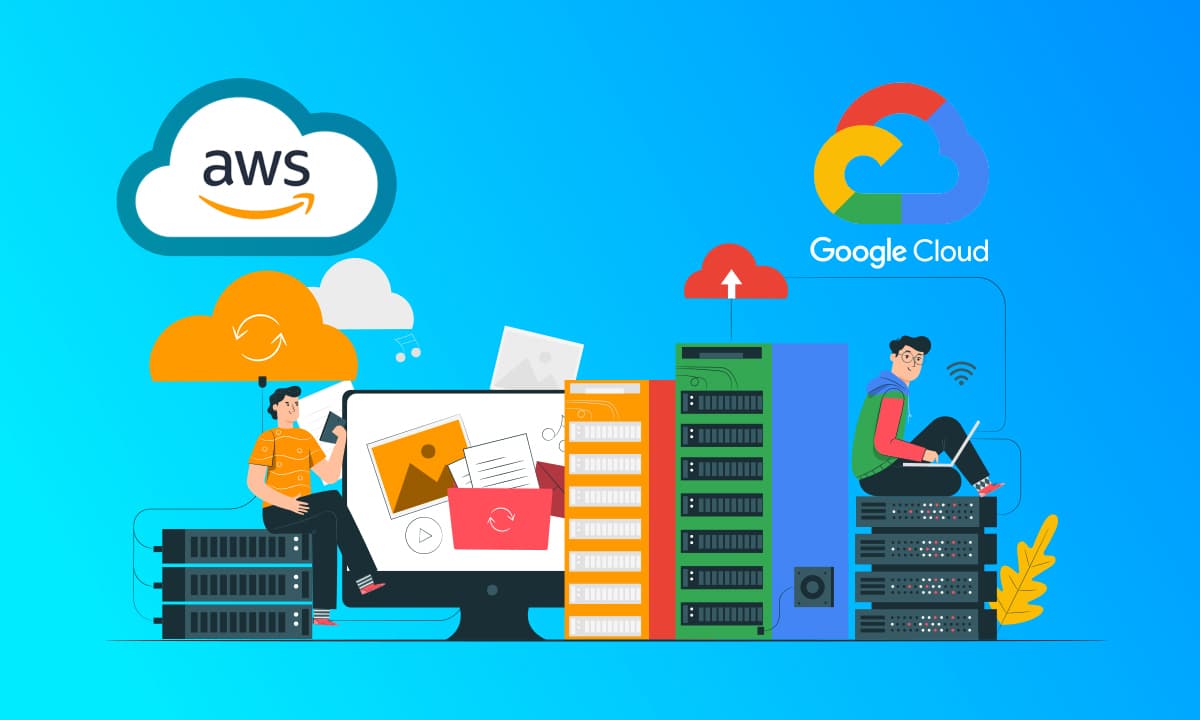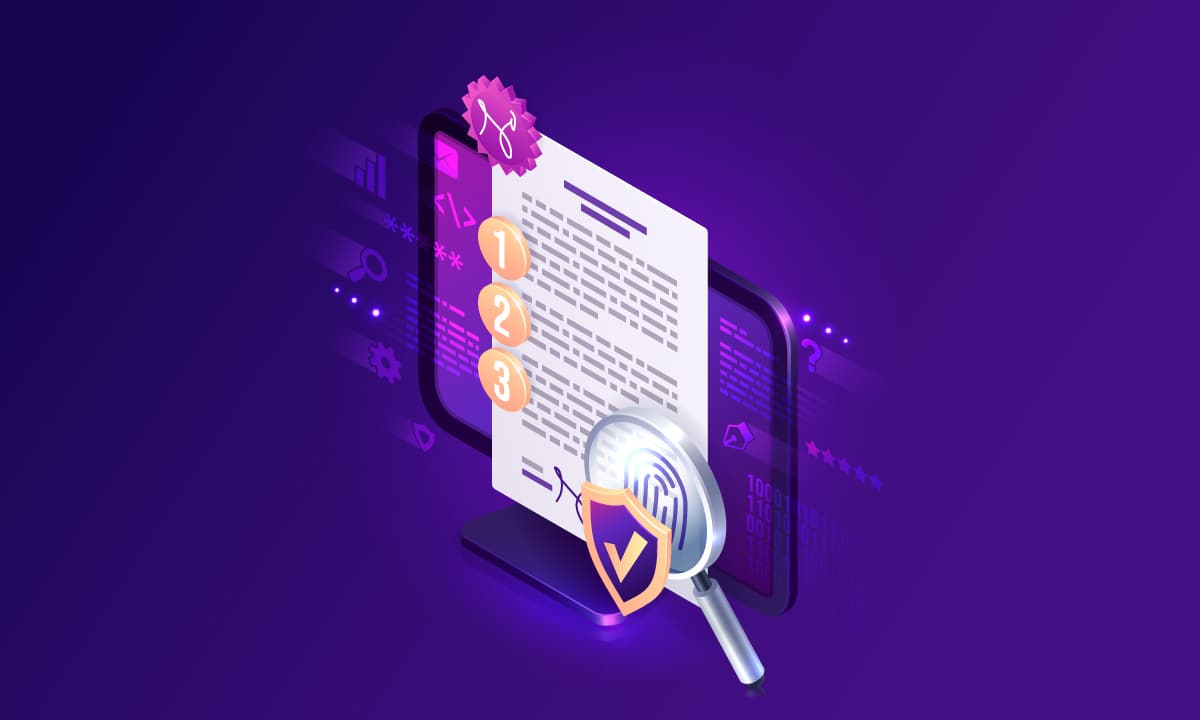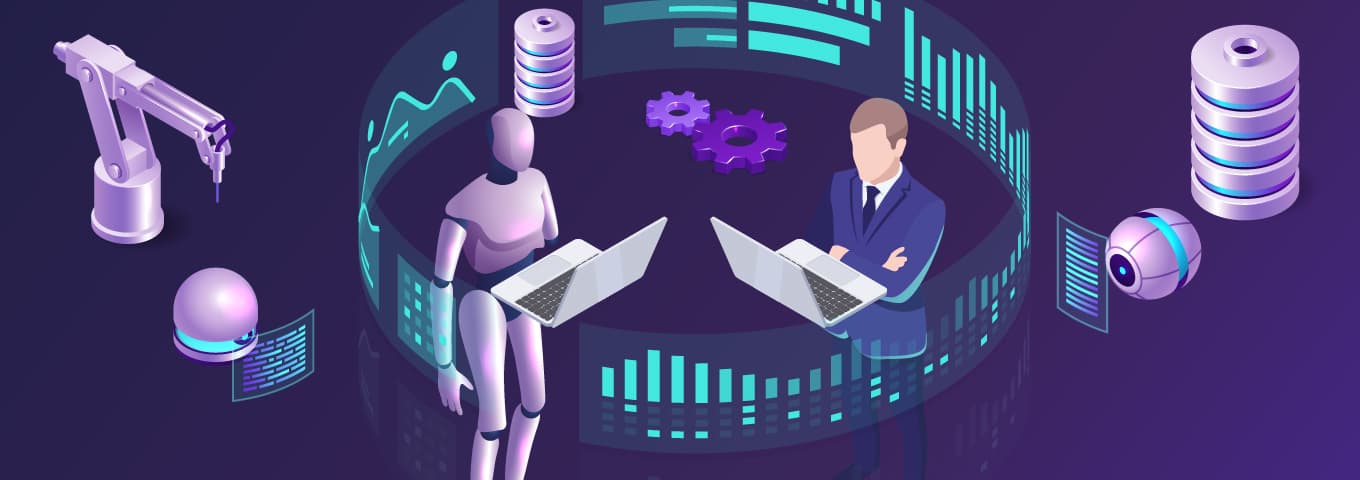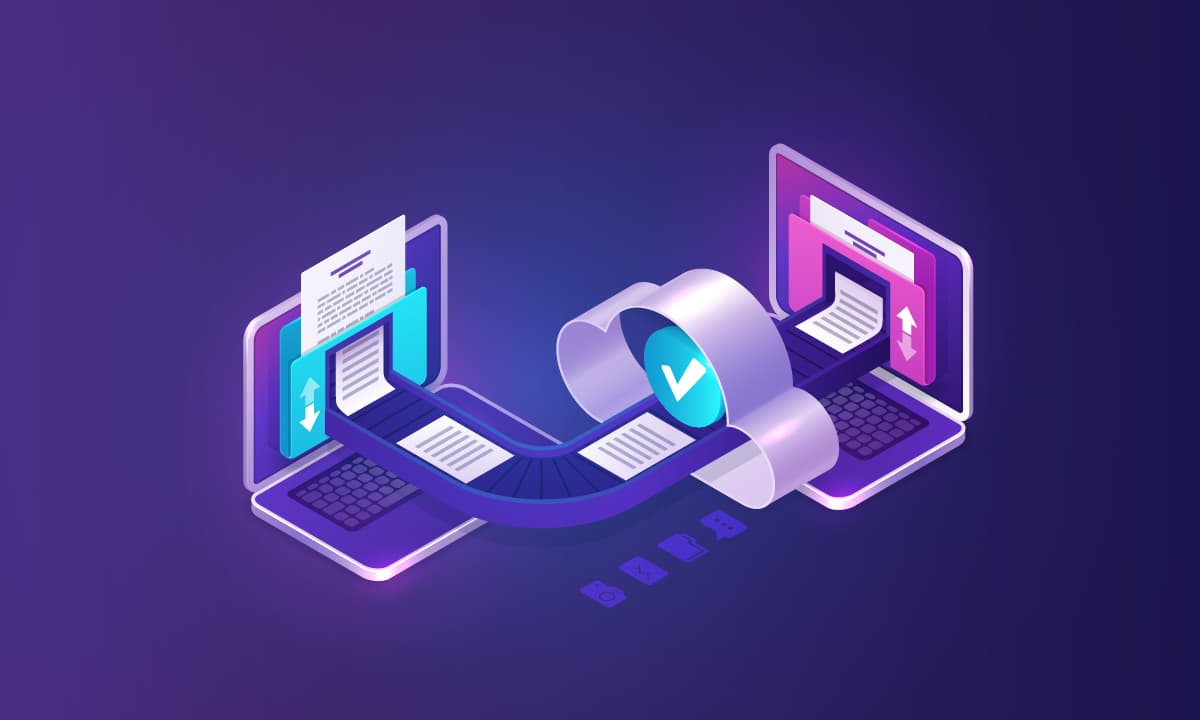Full Stack Developer
By: Bryan Reynolds | 23 April, 2025

The blog explores v0.dev, Vercel's AI-powered UI generation tool, and how it transforms frontend development for businesses. It explains how v0.dev uses natural language prompts to produce production-ready React and Tailwind CSS code, helping teams rapidly prototype, streamline design-to-code workflows, and reduce engineering overhead. Key business benefits include faster MVP delivery, internal tool development without frontend expertise, UI consistency across products, and cost savings. The article also outlines pricing options and emphasizes v0.dev's potential as a strategic advantage in modern software development.
Read MoreBy: Bryan Reynolds | 18 July, 2024

The use of low-code/no-code (LCNC) platforms like Bubble and FlutterFlow is revolutionizing software development by enabling businesses to create custom applications more efficiently and without requiring specialized programming skills. This article compares Bubble and FlutterFlow, discussing their key features, pros and cons, ideal use cases, integration capabilities, community support, pricing plans, and real-world examples to help businesses make informed decisions when choosing an LCNC platform.
Read MoreBy: Katarina Rudela | 07 February, 2023

With cyber security an increasingly common concern for millions of people, developing software that features robust security measures built-in is essential for delivering confidence to the end user. Find out how security and DevOps are reshaping software development to meet these new challenges.
Read MoreBy: Katarina Rudela | 16 December, 2022

Cloud computing provides a number of advantages, including cost reduction, scalability and security. However, the decisions needed to make this transition continue to become more complex as additional providers enter this sector. Emerging technologies also increase the combinations of components that may comprise a cloud infrastructure. Like other industries, a few companies like Amazon Web Services (AWS) and Google Cloud Platform (GCP) have risen to the top and remained there over time.
Read MoreBy: Katarina Rudela | 20 January, 2022

Modern software development is usually a complex process involving many team members with a variety of skill sets besides the ability to write code. This team’s structure is therefore a key component in a development project’s long-term success. There is no one-size-fits-all structure that works for all projects, but assembling an effective team usually involves more than simply finding a group of experienced developers.
Read MoreBy: Katarina Rudela | 16 December, 2021

Are you using Amazon Web Services for your company's digital assets? If you are, it's important that you consider what kind of certifications you, your employees or your contractors have when interacting with those services. Discover how an AWS certification can make a huge difference in your company's bottom line.
Read MoreBy: Katarina Rudela | 17 November, 2021

Our latest discusses the role of a senior software developer. It covers a variety of industries and development environments in which software engineers design, build, maintain and test software. It also discusses the differences between junior and senior developers in great detail, including changes in focus, skills and responsibility. The increased requirement for soft skills is particularly noticeable as a software developer’s responsibility over projects rather than specific tasks. The compensation and overall employment outlook is also highly dependent upon a developer’s experience and skillsets.
Read MoreBy: Katarina Rudela | 29 September, 2021

Software development increasingly involves a range of testing processes to meet compliance standards while satisfying the expectations of the client and end user. Security protocols, performance, and the overall quality of the product all rely on continual and varied testing processes in order to identify bugs and deliver solutions. Discover everything you need to know about automated testing and manual testing in this comprehensive guide.
Read MoreBy: Katarina Rudela | 05 August, 2021

Outsourcing is an approach to software development in which the client organization partners with a third party to develop the software, as opposed to developing it with and in-house team. US companies historically used outsourcing as a means of cutting costs by hiring workers in other countries to perform jobs requiring little skill for low wages. However, outsourcing has evolved since then to include skilled work like software development, such that sustained growth is now the driving factor. Cost saving still remains an important motivation of outsourcing, but it's no longer the only advantage. Software outsourcing strategies fall into three general categories, including on shoring, off shoring and near shoring.
Read MoreBy: Bryan Reynolds | 16 March, 2020

Startups have to be agile and able to handle a multitude of tasks, usually simultaneously. Outsourcing some of these tasks can free up time, allow a startup team to work more efficiently, and help you save money, provided you choose the right components to outsource. Since the savings of time and money can be considerable, outsourcing large projects like software development makes sense for many brands.
Read MoreBy: Bryan Reynolds | 13 August, 2019

As late as the 1990s, most heavily used business applications were running on mainframe computers or powerful network servers. These programs were typically monolithic, with the entire program needing to run for every use case. While this worked at the time, today’s systems demand scalability, resilience and responsiveness that such older models often cannot deliver.
Read More

